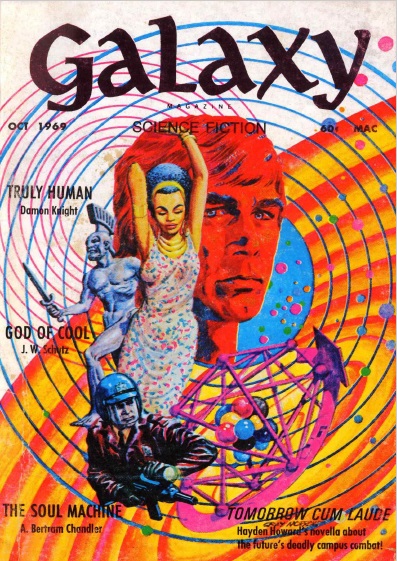[New to the Journey? Read this for a brief introduction!]

by Gideon Marcus
A pleasant Escapade
Little fan conventions are popping up all over the place, perhaps thanks to the popularity of Star Trek. The first adult science fiction show on the small screen, Trek not only thrilled existing fans (who have been putting on conclaves since the '30s), but has also galvanized millions of newfen who previously had lived outside the mainstream of fandom.
Last weekend, I went to a gathering of Los Angeles fans called "Escapade". It differs from most fan conventions in that it focuses almost exclusively on science fiction and fantasy on the screen rather than in print. Moreover, the emphasis is not on the SFnality of the works, but on the relationships and interactions of the characters. This is the in-person culmination of the phenomenon we've seen in the Trekzines, where the stories and essays are about Spock or Kirk or Scotty—the people, not so much the adventures they go on.
Another distinction is that most of the attendees were women. Most SF conventions, while not stag parties, are male-dominated. The main difference I noted was that panels were less formal, more collaborative. Instead of folks sitting behind a table and gabbing with each other, they were more like discussion groups…fannish teach-ins, if you will. I really dug it.
If Escapade represents the future of fandom, then beam me up. I'm sold!
And since the photos are back from the Fotomat, here's a sample of what I snapped:
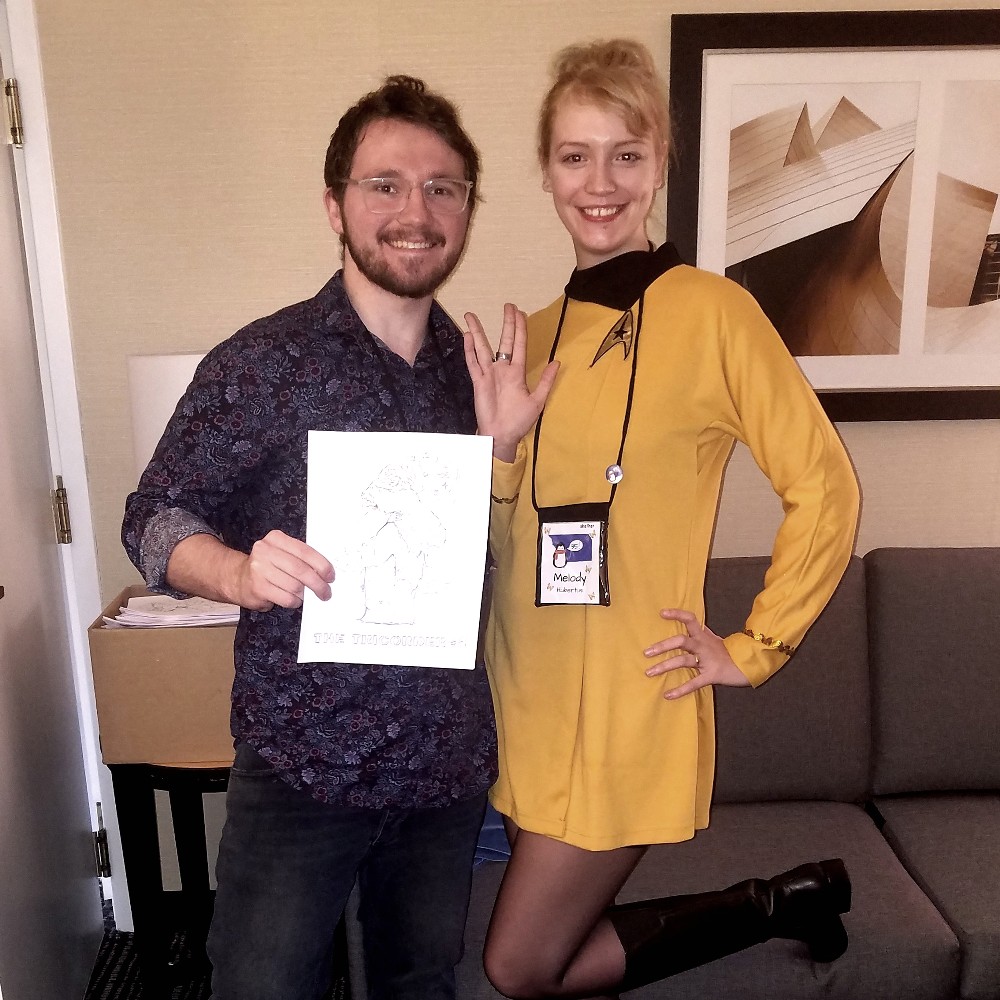
That's David, holding up the latest issue of The Tricorder (#4) and Melody dressed as a Starfleet lieutenant

And here's Melody again in sciences blue—who says you can't make a Vulcan smile?

If you can't recruit a fan…make one! (this one isn't Lorelei's…but it's probably giving her ideas)
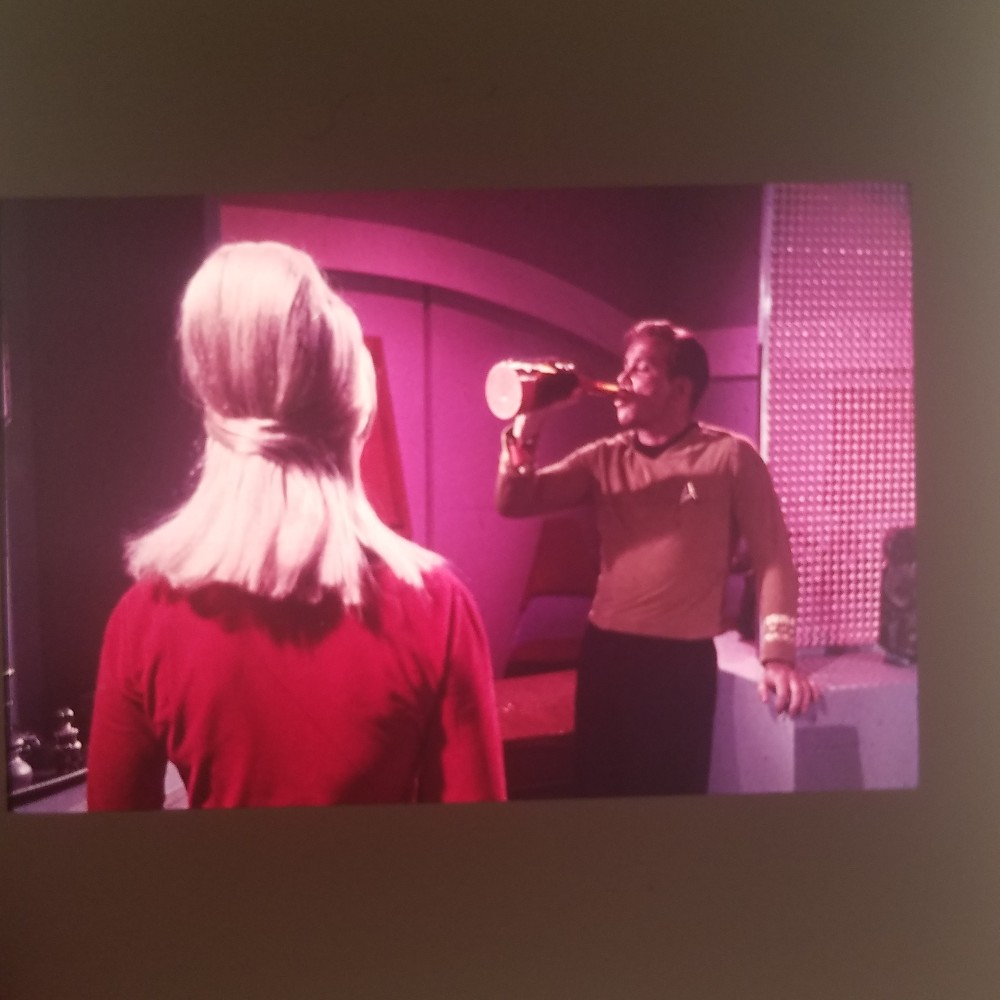
Lincoln Enterprises had a stall in the Huckster Hall—I got this clip from The Enemy Within!
The New Thing in America
It's been eight years since folks like Ballard and Aldiss started the New Wave in the UK. It's leaked out across the Pond for a while, but this is the first time an issue of a Yank mag has so embraced the revolutionary ethos. The latest issue of Galaxy was a surprise and delight that filled my spare moments (not many!) at the aforementioned convention. Let's take a look.
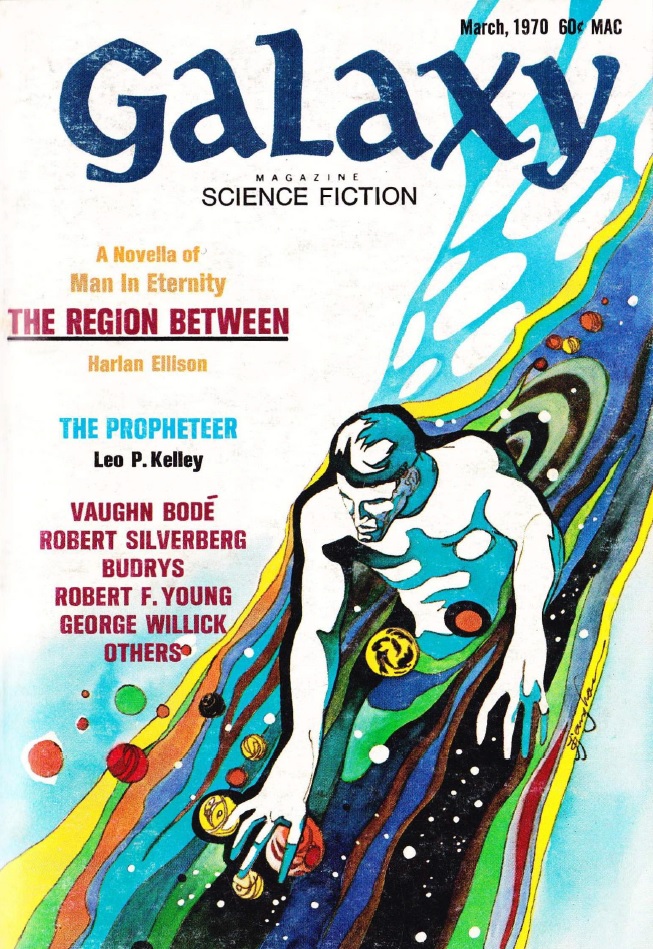
cover by Jack Gaughan
Continue reading [February 8, 1970] Boldly going to the Region Between (March 1970 Galaxy)

![[February 8, 1970] Boldly going to the Region Between (March 1970 <i>Galaxy</i>)](https://galacticjourney.org/wp-content/uploads/2025/02/700208galaxycover-653x372.jpg)
![[January 2, 1970] Under Pressure (February 1970 <i>IF</i>)](https://galacticjourney.org/wp-content/uploads/2024/12/IF-1970-02-Cover-500x372.jpg)

 Dr. Edward D. Goldberg of the Scripps Institute of Oceanography in La Jolla, California
Dr. Edward D. Goldberg of the Scripps Institute of Oceanography in La Jolla, California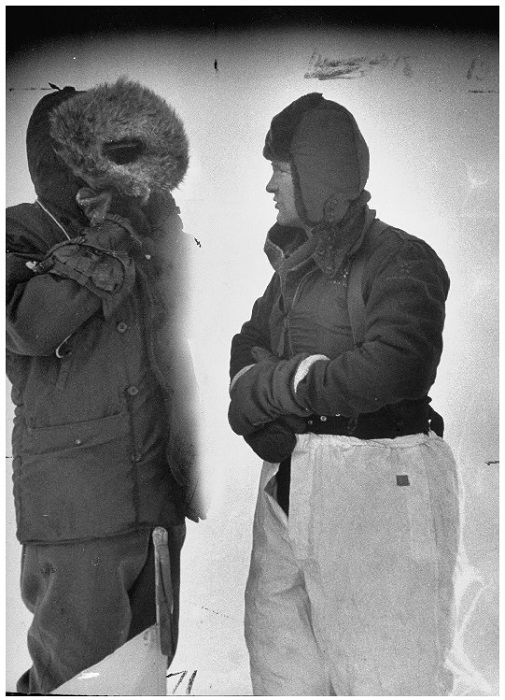 Col. Fletcher (r.) on his ice island in 1952. This was the most recent photo of him I could find.
Col. Fletcher (r.) on his ice island in 1952. This was the most recent photo of him I could find.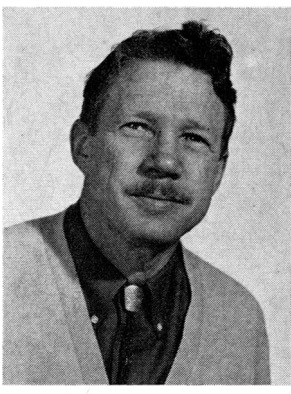 Dr. William W. Kellogg of the National Center for Atmospheric Research, in Boulder, Colorado
Dr. William W. Kellogg of the National Center for Atmospheric Research, in Boulder, Colorado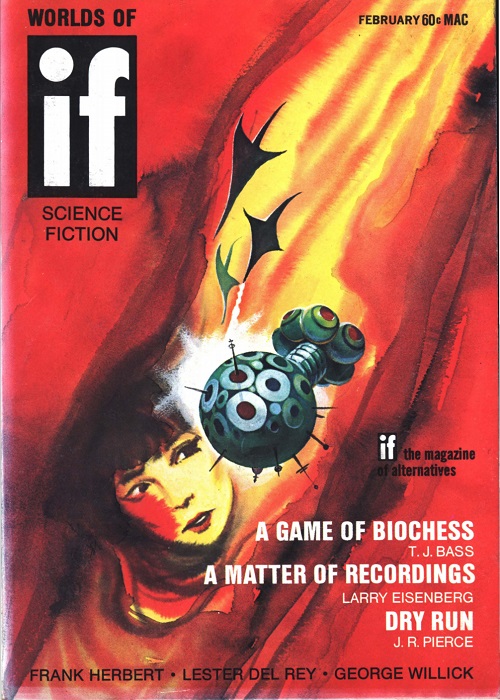 Cover by Gaughan. Supposedly suggested by Whipping Star, but it looks more like it illustrates Pressure Vessel to me.
Cover by Gaughan. Supposedly suggested by Whipping Star, but it looks more like it illustrates Pressure Vessel to me.![[September 12, 1969] Earthshaking (October 1969 <i>Galaxy</i>)](https://galacticjourney.org/wp-content/uploads/2024/09/690912galaxycover-397x372.jpg)

